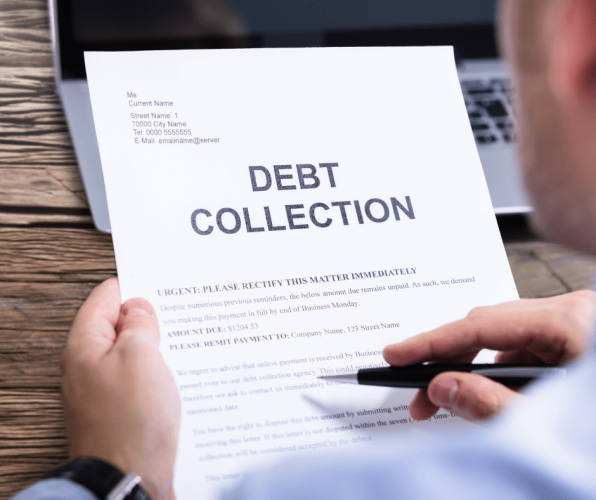If you’re a small business owner or if you’re about to start a business, one of the things you need to think about is how you might go about borrowing money for your business if you ever need to. Instead of using your personal credit to finance your business, it’s a good idea to start building business credit.
Getting Started Building Business Credit
If you’re the sole proprietor of your business, it can be difficult to separate the business from you since you ARE the business. To keep the financial activity of your business separate from your personal credit, apply for an Employer Identification Number (EIN), also called a Tax Identification Number. This number is used to open a business bank account, file tax returns in the name of the business, apply for business credit and apply for permits and licenses.
The next step is to open a business bank account as another sign of separating your business from your personal finances. With an EIN and a business bank account, the financial history of your business begins.
Applying for Business Credit
You’ll need to begin establishing a credit history for your business. Apply for a business credit card and use it to make business purchases and pay for business insurance. This helps you to establish a payment history for your business and it makes it easier for you to track business expenses separately from personal expenses.
If you don’t get approved for a business credit card, open a secured card to use for business purposes. See if you can establish a credit line with one or more vendors that report to the credit bureau or see if you can obtain a small loan for your business.
Taking Care of Your Business Credit
Even though your business credit is separate from your personal credit, you still have to take care of it. This means paying loans, vendors, and credit cards when due. Avoid borrowing more money than you can afford to pay back.
Like your personal credit, your business credit is being tracked by credit reporting agencies. Equifax and Experian are major credit bureaus that not only track consumer credit but also provide business credit reporting services. Dun and Bradstreet is the best-known credit reporting company that provides credit information on businesses.
Your Business Credit Report
Consumers have the right to obtain a copy of their credit reports each year, but the same thing isn’t done for businesses. If you want to see what’s on your business credit report, you’ll have to pay for a copy of it. Review both your business and personal credit reports periodically to make sure all the information on them is accurate.
Misinformation on either your personal credit report or your business credit report can harm your ability to borrow money at the best rate and terms. If you find errors on any of your personal credit reports, the easiest way to dispute them is with the help of Dovly, an AI credit engine. Try it risk-free with our free membership tier.



